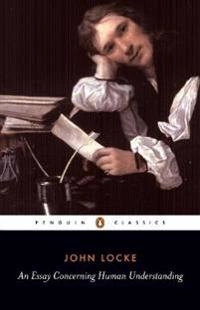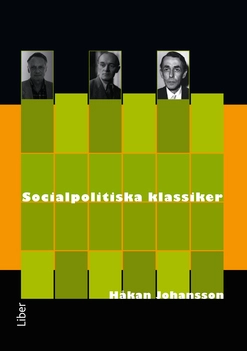

An essay concerning human understanding
- Utgiven: 1997
- ISBN: 9780140434828
- Sidor: 816 st
- Förlag: Penguin
- Format: Häftad
- Språk: Engelska
Om boken
Åtkomstkoder och digitalt tilläggsmaterial garanteras inte med begagnade böcker
Mer om An essay concerning human understanding (1997)
1997 släpptes boken An essay concerning human understanding skriven av John Locke. Den är skriven på engelska och består av 816 sidor. Förlaget bakom boken är Penguin.
Köp boken An essay concerning human understanding på Studentapan och spara pengar.
Referera till An essay concerning human understanding
Harvard
Oxford
APA
Vancouver



















